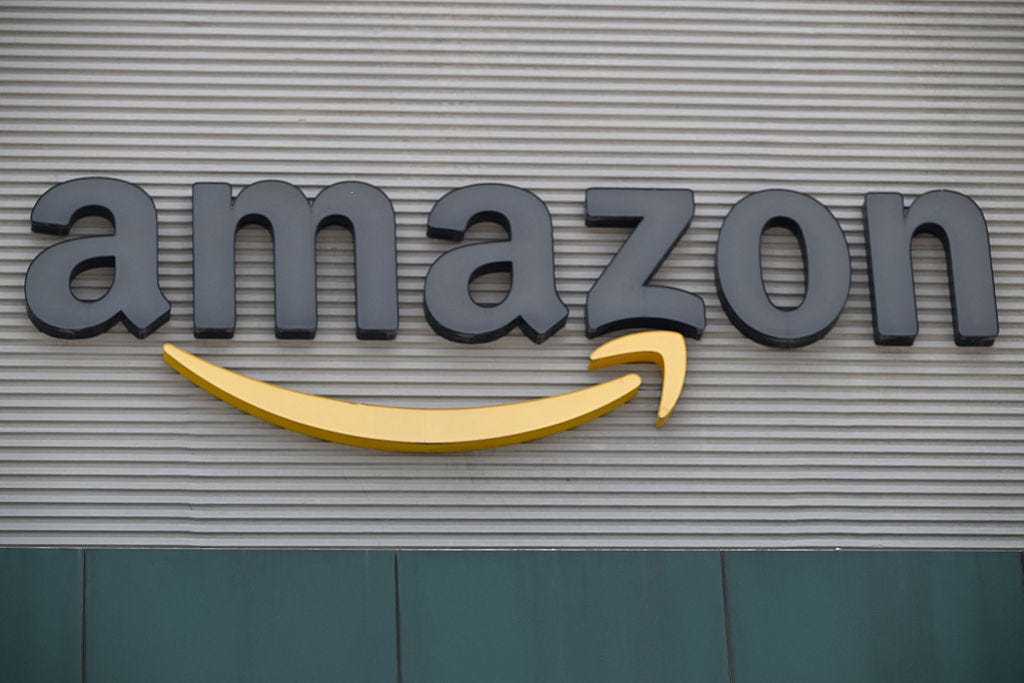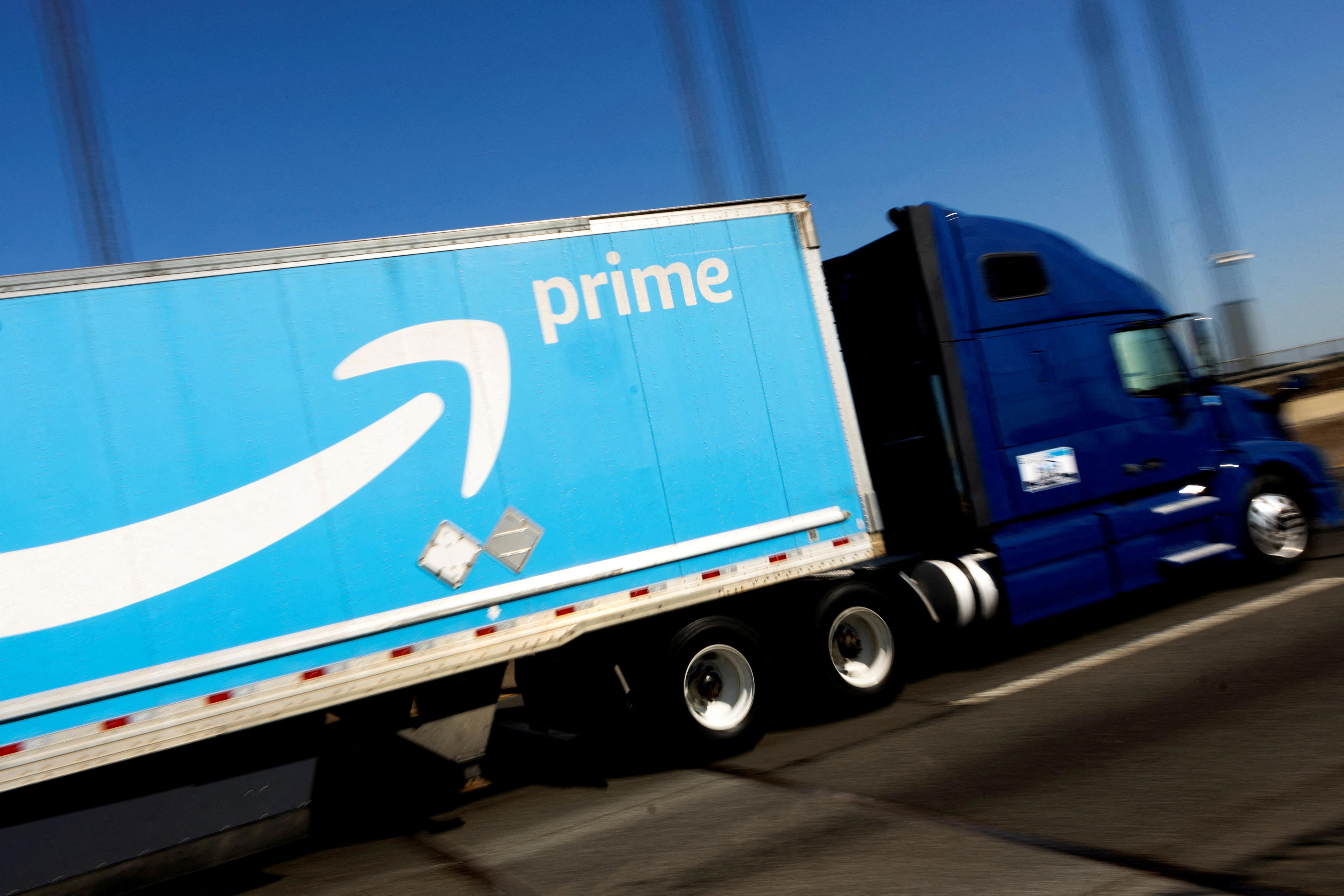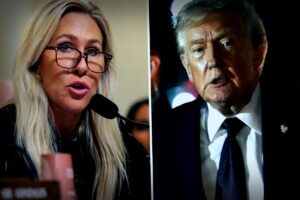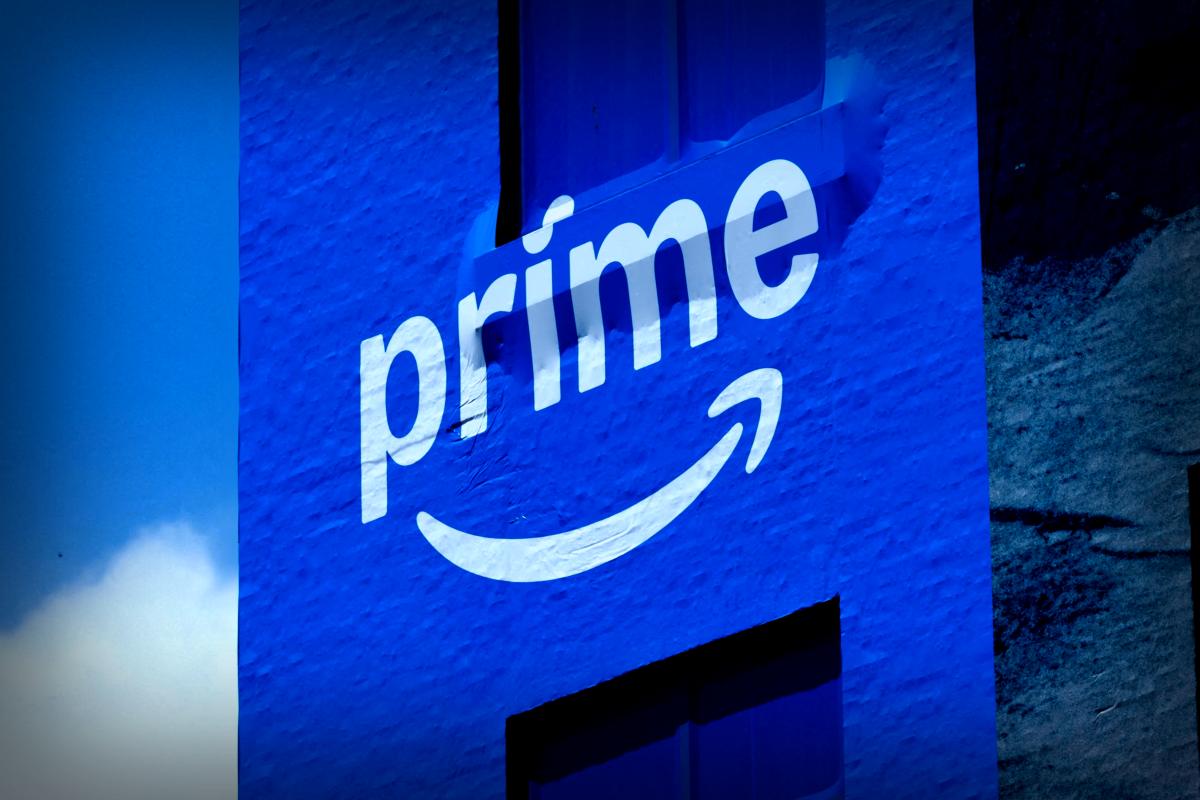Amazon has come to terms with the Federal Trade Commission (FTC), agreeing to pay an eye-popping $2.5 billion in a settlement after being hit with accusations of tricking customers into subscribing and keeping them tethered to Prime services.
This lawsuit, which was filed in June 2023, claimed that the retail giant employed sneaky tactics—signing countless customers up for Prime without proper consent while making it remarkably tough to cancel any subscriptions.
Previously, Amazon stood firm against these claims, asserting that the legal action was evidence of the FTC straying from its mission of consumer and competitive protection.
Kick off your day informed. Get daily news delivered to your inbox.
However, the company shifted gears, opting for a settlement just as the trial was set to roll out in Seattle.
Amazon’s Knowledge of Questionable Enrollment Tactics
Leading up to the trial, the FTC announced that documents revealed Amazon’s higher-ups were well aware of the mishaps related to enrolling customers and the challenging cancellation process. Some statements indicated this situation was seen as deceptive by insiders, hinting that “subscription driving is a shady game” and likening unwanted subscriptions to an “unspoken cancer.”

During court proceedings on September 24, Reid Nelson, a former user experience researcher at Amazon, testified about how he flagged the company’s strategies and interface as “misleading” and “confusing.” Despite these allegations, Amazon maintained that its subscription practices are in line with industry norms for transparency, underlining its investments in enhancing customer experiences.
FTC Chairman Andrew N. Ferguson highlighted how the evidence showcased Amazon’s advanced traps designed to mislead customers into subscribing to Prime, later complicating any attempts by consumers to cancel. Ferguson stated, “Today, we’re putting billions back in Americans’ pockets and ensuring Amazon won’t pull these tricks again.”
What Does the Settlement Entail?
With this settlement, Amazon curiously admitted no fault yet promised to modify how its platform operates. They’ve committed to a clearer process for customers wishing to ditch Prime, including obvious cancellation buttons and easier disclosure of subscription terms and fees.
This includes eliminating the confusing “No, I don’t want Free Shipping” option, and establishing accessible cancellation pathways paralleling signup methods. Furthermore, a keen eye from an independent third-party will be placed on Amazon to ensure compliance.
In financial terms, the part of the payout shall see Amazon shell out $1 billion in civil penalties and approximately $1.5 billion aimed to soothe about 35 million customers who were caught in the legal crosshairs. Court papers noted that qualifying customers might receive up to $51 directly or through claims.
Responding to this stipulation, Amazon’s Senior Manager of Policy Communications, Mark Blafkin, stated, “Amazon and our leadership have always adhered to the law. This settlement allows us to redirect our efforts towards customer innovation. Our team is committed to keeping signup and cancellation treatment clear and simple while offering substantial value to our millions of loyal Prime members worldwide.”
How People are Responding to the Settlement
The American Economic Liberties Project, an organization opposing excessive business concentration, expressed concern that the judgment permitted Amazon and its executives to “walk away scot-free.”
Group executive director Nidhi Hegde suggested that if the FTC truly aims to safeguard individuals from misleading subscription practices, it’s high time to bring back the Click-to-Cancel rule instead of appeasing corporate interests.

Teresa Murray from the Public Interest Research Group shared pleasant sentiments transcribed as “great news,” saying, “The implications go beyond just Amazon Prime clients. This can potentially aid anyone who has been tricked into signing up for confusing subscriptions or memberships in the present or future.”
This Amazon lawsuit catalyzed a wider call among consumer advocates towards transforming subscription matters—it underscores a need to establish more straightforward cancelation paths not only for Prime but various offers, from streaming platforms to gym memberships. Earlier in July, a court had put a stop to introducing Click-to-Cancel rules that had aimed to simplify customers’ cancelation experience.
“We hope the FTC revisits Click-to-Cancel provisions,” Murray added. “This will not only protect countless consumers from deceitful marketing schemes but help those honest companies facing impact when consumer trust falters uh toward current business models.”
Tips for Cancelling Your Subscription

PIRG suggests these helpful hints if canceling a subscription proves to be an uphill battle:
- Be cautious about starting a free trial subscription.
- Only use a credit card instead of a debit card.
- Dive into the terms and conditions, spotting any pre-checked options.
- Document correspondence during signup, noting clear details, and save any screenshots about cancellation attempts.
- Set calendar reminders. If you’re taking a full-year plan, schedule reminders weeks ahead of impending renewal to make timely cancellations.
- Remove all credit card data linked to your account to dodge unwarranted charges in upcoming cycles.
- If difficulties arise, submit complaints to both the FTC and your state’s attorney general.
This article originally appeared on USA TODAY: Amazon to refund millions of Prime customers in $2.5 billion FTC settlement



















